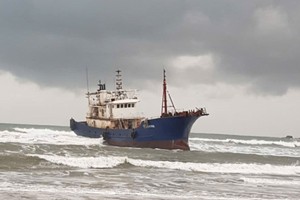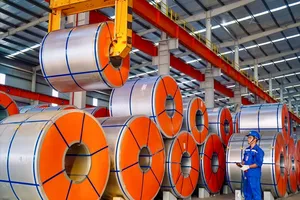The financial costs of alcohol purchase and medical treatment, as well as lost wages can leave other family members destitute. However, as per the Ministry of Health’s recent assessment, the Southeast Asian country ranked the eighth in Asia in term of alcohol consumption in 2008 but it rose to the third in 2016.
2017 alone, Vietnamese people drank 4 billion liters of liquor and it is in upward trend. According to the Ministry of Industry and Trade’s production plan, the country will make 5.5 billion liters of beers by 2035. The population is projected 105 million by the end of 2035, a Vietnamese person will averagely drink 52 liter of beer annually.
The beverage sector earn much from beer consumption; yet, the burden of alcohol-related diseases and other social evils outweigh the sector’s profit. Medical researches show the harmful use of alcohol is a causal factor in more than 200 disease and injury conditions, including liver disease, cancers, cardiovascular disease, mental illness, and injuries.
Direct cost for treating five alcohol-related illnesses including liver cancer , colorectal cancer, oral cavity, stomach and breast is up to over VND25 trillion a year.
Worse, liquor drinking results in family violence, social disorder and traffic accidents.
The situation has set alarm bells ringing because lately WHO Regional Director for the Western Pacific Shin Young-soo has sent a letter to Prime Minister Nguyen Xuan Phuc and Health Minister and WHO chief representative in Vietnam urging to promote anti-alcohol law to the National Assembly in October.
Mr. Shin Young-soo said that alcohol abuse results in burden of non-communicable diseases which make up 73 percent of deaths in the country.
For long-term consequences of socio-economy, impacts of alcohol on the country’s economy is very huge, causing losses at 1.3-3.3 percent of the nation's gross domestic product.
Therefore, Mr. Shin Young-soo supposed that Vietnam need to build strict law system to deter people from producing, launching promotion program and marketing liquors.
The Ministry of Health and related agencies realized that in addition to raising people’s awareness of harm of alcohol, policy-makers should have tough sanction to control beer and wine including high duty, forbidding advertisement and marketing of alcohol.
Moreover, state-run staffs will face penalties if they drink in work hours and drunk drivers will receive high fines even criminal penalties.
























